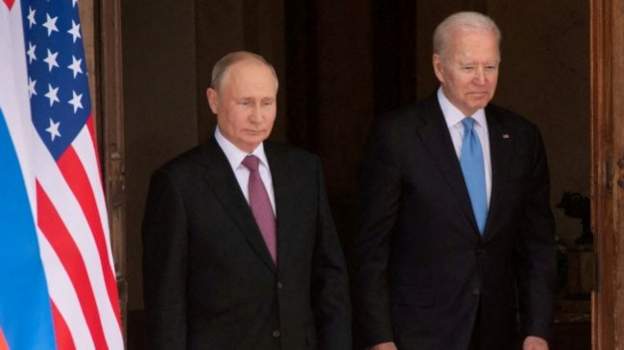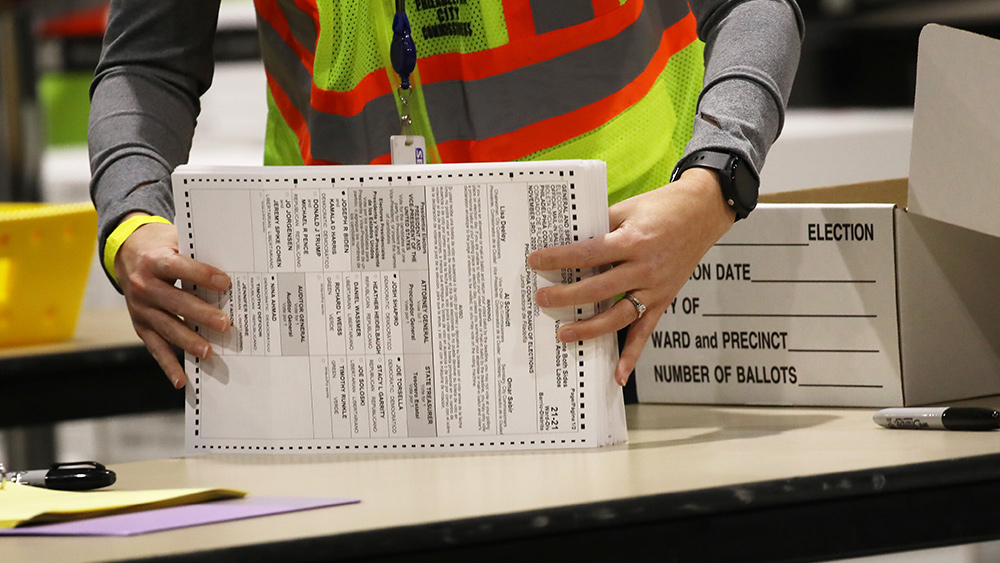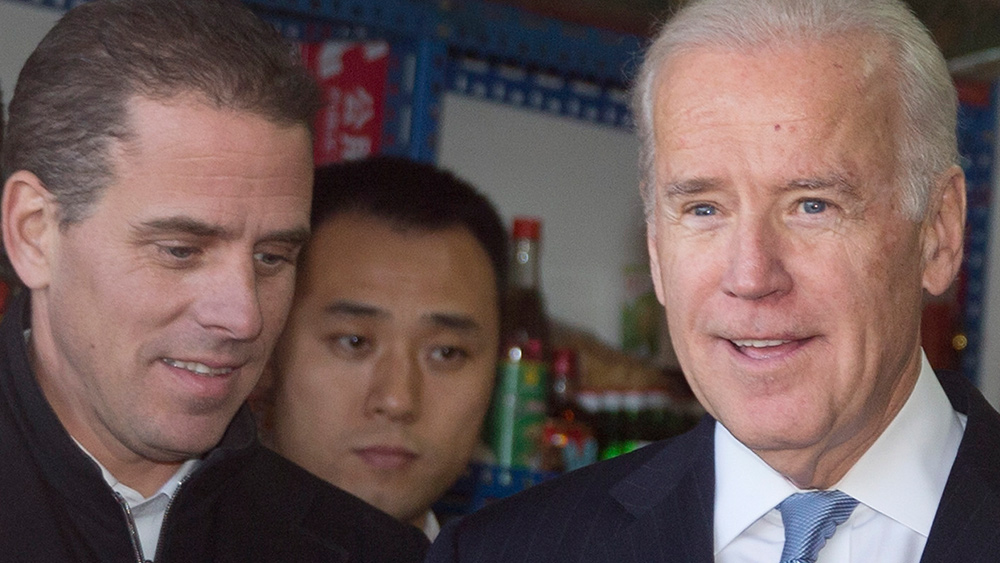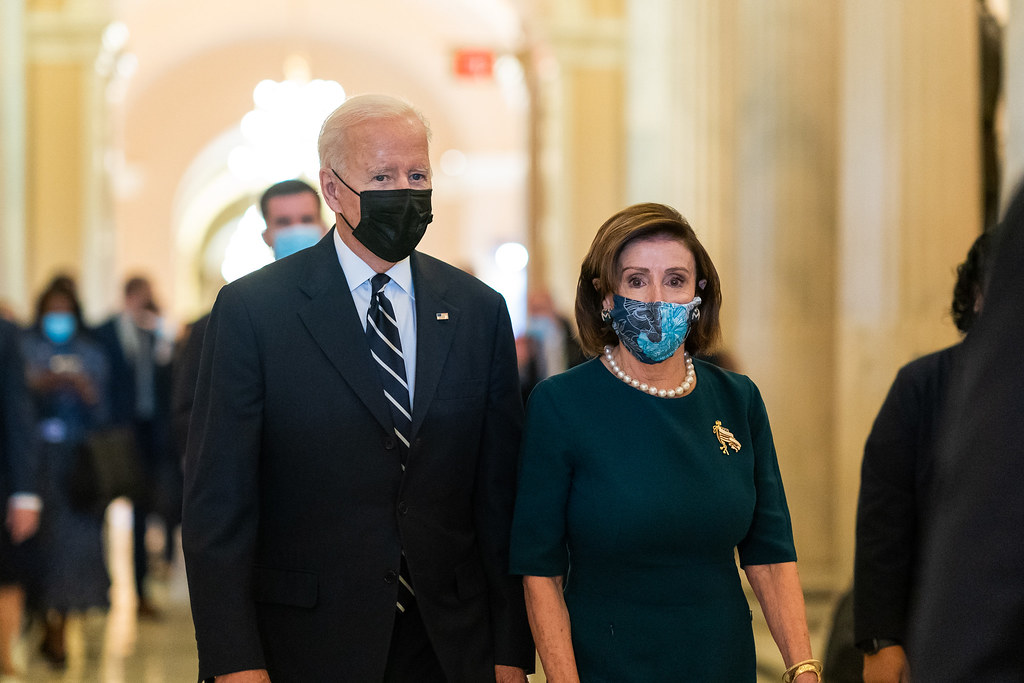Wuhan researcher pressured NIH to delete incriminating information about COVID during plandemic
04/01/2022 / By Ethan Huff
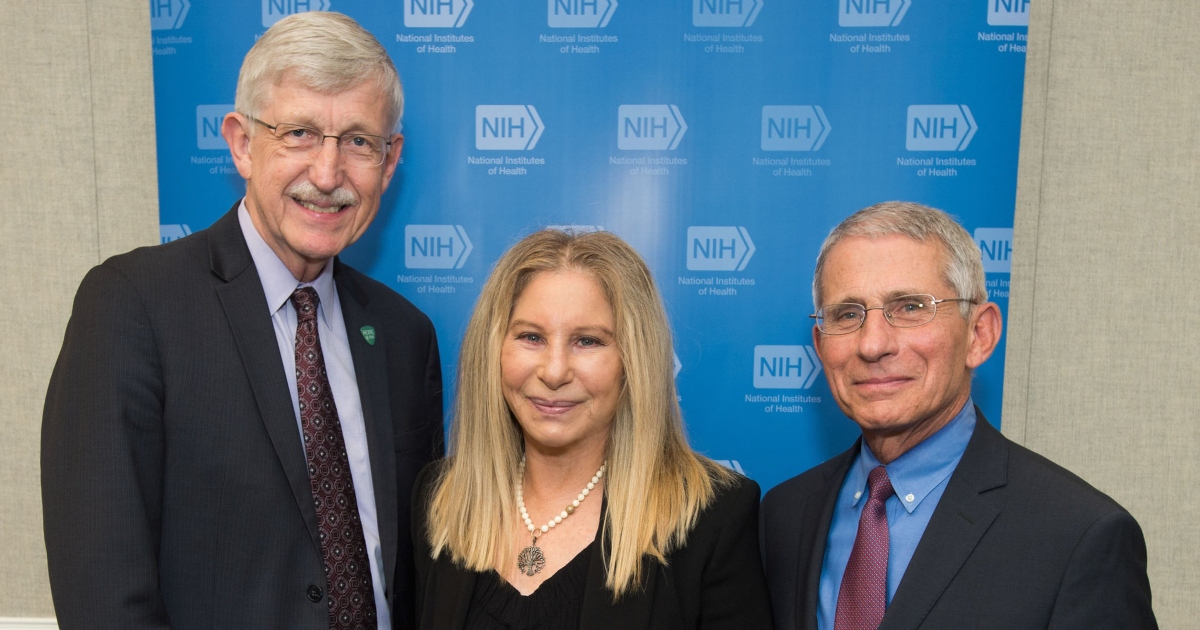
A Chinese researcher reportedly pressured the National Institutes of Health (NIH) to delete information about Wuhan coronavirus (COVID-19) genetic sequencing during the plandemic.
Emails obtained by a nonpartisan whistleblower and government oversight group reveal that the NIH’s decision to comply created quite the stir in scientific circles as it became clear that corruption was steering the narrative.
Empower Oversight, as that whistleblower group calls itself, presented email evidence showing that a Wuhan University researcher submitted virus sequence information to the NIH’s Sequence Read Archive in March 2020, the same month that the World Health Organization (WHO) declared a global plandemic and roughly two months after the virus was declared to be circulating in Wuhan.
Three months later, that same researcher made an additional submission on the virus, though later that day he asked the NIH to retract it claiming it was done by mistake. The NIH responded by saying it preferred to edit submissions rather than replace them.
A few days later, the same research submitted a third request to withdraw the genetic sequence from the NIH database entirely. One day after that, the NIH agreed while asking for clarification as to whether another submission should also be deleted.
“I had withdrawn everything,” an unnamed NIH official told the Wuhan researcher in a response email.
These emails exchanges, which were obtained by Empower Oversight via a Freedom of Information Act (FOIA) request, are available to read at JustTheNews.com.
Fauci and Collins were lying when they claimed COVID originated from Wuhan wet market
These same emails show that an expert had advised then-NIH Director Francis Collins, as well as National Institute of Allergy and Infectious Diseases (NIAID) head Tony Fauci, that COVID did not, in fact, come from a Wuhan wet market as the media was falsely claiming at that time.
This occurred before both Collins and Fauci told the world that the virus had come from a wet market and that there was no reason to believe otherwise, meaning they lied to the public.
As for the deleted information at the NIH, further emails show that the agency under Collins directed reporters to more favorable coverage about the deletion.
“Off the record: we think this WaPo story does a good job characterizing the situation,” the NIH’s Renate Myles wrote to a reporter at the Hill, dropping a hint about where to find the doctored-up version of what happened.
Myles also directed the journalist away from the New York Times story about the deletion because its “tone” was too incriminating.
“These documents raise several questions that need further investigation to answer fully,” read a report from Empower Oversight, which was founded by a former top staffer for Iowa Republican Sen. Chuck Grassley.
“Congress should press the NIH for answers on why it is stonewalling Senate inquiries and dragging its feet on basic transparency through FOIA.”
The most disconcerting elements found in the emails is evidence showing that the NIH refused to participate in a transparent process of data evaluation about the deleted sequences, according to Empower Oversight.
“Most importantly, why has NIH refused to examine archival copies of deleted sequences in an open scientific process to determine whether any of that information might be able to shed light on the origins of the COVID-19 pandemic?” the group asked.
NIH official Steve Sherry claimed that the agency cannot participate in an honest and transparent investigation into the deletion because “when data sets are withdrawn from the database, the status does not permit use for further analyses.”
The latest plandemic news can be found at Pandemic.news.
Sources include:
Submit a correction >>
Tagged Under:
Anthony Fauci, big government, China, conspiracy, coronavirus, coronavirus origin, coverup, COVID, Francis Collins, genetic sequencing, lies, NIAID, NIH, Plandemic, research, rigged, science deception, science fraud, virus sequence, Wuhan
This article may contain statements that reflect the opinion of the author
RECENT NEWS & ARTICLES
COPYRIGHT © 2017 TREASON NEWS




